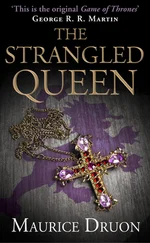There was a firm knock on the door, and then it pushed open. Sergeant Ralph Akin looked at Foley and said, “The brass is back. They’re coming down to see you in a minute. I’ve got to get you back into lockup. Fast.”
Foley hung his head in defeat. I asked him, “Were we on the record here?” Granted, it was a little late to be asking the question, but better then than never.
He was shuffling toward the door, his face still aimed at the floor. “We’re whatever you want us to be,” he said, his tone deflated.
At the door, he turned around and looked at me and said, “But Jack, before you destroy my life, before you ruin what’s left of my career, before you destroy my wife, my daughter, my whole reputation, please put it to Paul Vasco. Do it for me, do it for yourself. Do it for all those people, Jack, the hundreds of people whose lives have been ruined by the Boston Strangler.
“Please, Jack.”
It was then that Ralph Akin grabbed his elbow and pulled him out of the room.
We were rounding the corner onto Bulham Avenue in the Charlestown section of Boston, Vinny and I, when the Muzak I was listening to on my cell phone abruptly clicked off and my ear was suddenly filled with the familiar voice of Boston Police Commissioner Hal Harrison.
“Sorry to keep you on hold, Jack,” he said, though I doubt he really was. “It’s bedlam over here. That was a good tip you gave me on Mac Foley. That thing has paid off in spades.”
Beside me, in the passenger seat of my Honda, Vinny Mongillo was barking into his cell phone at another police official, “You’ve got to be shoving the private parts of a donkey right in my coffee-colored eyes. You’re sure you have it locked down? You’re telling me I can go into print and feel good about this?”
I glanced over at him, unable to get his unfortunate imagery out of my head. I wheeled the car up to the curb in front of Paul Vasco’s halfway house. It was 10:00 p.m. Huck was sound asleep in the back.
“Yeah,” I said to Harrison. “I’ve been watching these spades all over CNN and FOX News. You capitalized on my tip, and then spoon-fed it to everyone else in the world but me.”
Harrison replied, “Jack, I would have loved to have held that for you. But Christ almighty, this place is swarmed by press. I’ve got cops leaking left and right. There was no way —”
I cut him off and said, “I need something else, something fresh, something they don’t have. You owe me.”
It was deadline — after deadline, actually — for the first editions of the next day’s Record, and though I had many fat paragraphs of exclusive information in the story, I wanted to advance the investigation with something that would force the networks to give chase. In this business, you never settle for what you have, because there’s always something else to get. And if you don’t get it, someone else will.
Harrison said, “Let me talk on background for a moment, as a law enforcement source.”
I liked the direction this was headed. “Go ahead,” I said.
“My guys are in the process of executing a search warrant at Mac Foley’s house. They’re still over there. But my lieutenant at the scene just called to say they’ve already found something of extreme interest. Again, not from me. You have to protect me. But I want you to have this.”
He paused. I said nothing. He continued, “They found Kimberly May’s driver’s license in one of his dresser drawers.”
Kimberly May being the third victim, the one identified via the video taken by her killer in her apartment.
I reflexively drew a deep breath, and in Harrison’s brief, intentional, and dramatic silence, I quickly tried to sort through my feelings. First, I was thrilled to be in possession of this nugget, which could probably take over the lede of my story. This essentially and truly implicated one of the most respected homicide detectives in Boston, all based on my initial tip.
The second emotion I felt was relief, that maybe, really, truly, the Phantom Fiend was caught and would spend the rest of his life behind bars, never to torment my city, or me, for that matter, ever again.
The third emotion, and this is where the reporter side of me rears its occasionally ugly but often pragmatic head, was doubt. I just didn’t, couldn’t, maybe wouldn’t believe that Mac Foley was involved in the murders of three young women now, and perhaps eleven victims from forty years before. It wasn’t that I liked him so much. It wasn’t even that I knew him. I just had this nagging sense that there was something — or maybe someone — else involved.
The facts, of course, belied my intuition. Mac Foley with Elizabeth Riggs’s purse. Mac Foley with knowledge of Lauren Hutchens’s apartment number. Now Mac Foley with Kimberly May’s license. Much as I was hesitant to believe it, the raw details made for an excellent newspaper story.
“Right now, we’re charging him with interfering with an investigation,” Harrison began anew. “That gives us the ability to hold him. We’ll seek high bail from a judge, get a DNA sample, and compare that with possible samples from the crime scenes. Again, you can use this, but not for attribution. We’re scheduling a full press conference for tomorrow morning.”
By now I was jotting notes down. Mongillo was still spewing into his phone, alternately laughing and uttering exclamations like “C’mon, zip it back up.” At another point, his tone got deadly serious and he said to whoever it was on the other end of the line, “This one’s personal to me. My mother was one of the victims all those years ago.”
I thanked Harrison, hung up the phone, and stared out the front windshield through the raw March night at the hulking house that held Paul Vasco, who suddenly didn’t seem all that relevant to my story.
Or did he. Something just kept telling me he was. Maybe it was the photographs of the victims on Vasco’s wall. Maybe it was that satanic smile of his when he talked about the crimes. Maybe it was the look on Foley’s face, one of desperation, but perhaps one of honor as well.
Before you destroy my life, before you ruin what’s left of my career, before you destroy my wife, my daughter, my whole reputation, please put it to Paul Vasco.
Mongillo hung up the phone.
“You get what I get?” I asked.
“The license?”
I nodded and asked, “A good source?”
Now he nodded.
I snapped open the cell phone and dialed Peter Martin, who answered, as always, on the first ring. I relayed the information. I read him a quote that was to be attributed to a law enforcement official involved in the investigation. His tone was nearly giddy as he hung up to make the changes for the paper’s next edition.
Mongillo nodded toward the darkened house that loomed over our car. “Still worthwhile?” he asked.
“Something tells me it is,” I said. We both opened the doors at the same time.

Just like on our visit two days before, the front door was unlocked, and the downstairs lobby, such as it is, was unguarded.
Vinny and I made our way up the dark staircase and walked along the decrepit wooden floors on the second story until we arrived simultaneously in front of Paul Vasco’s door. I reached out and softly knocked.
Inside, I heard movement, and judging from the slight squint he gave, so did Mongillo, but no one answered the door. So I knocked again, this time more firmly. More noise, like a muffled shuffling, but still Vasco didn’t come to the door.
I knocked a third time, a firm rap now, which was met by utter silence. Mongillo put his face against the door and called out, “Paul, it’s Vinny Mongillo and Jack Flynn. Can you let us in for a minute?”
Читать дальше
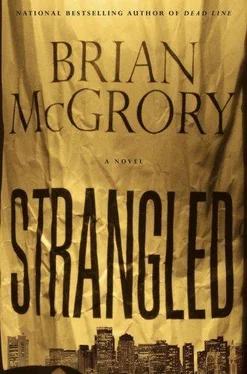

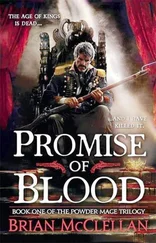
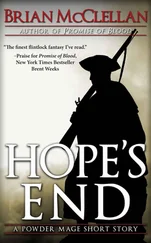

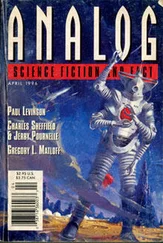
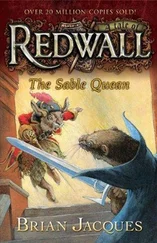
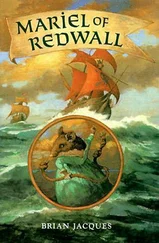
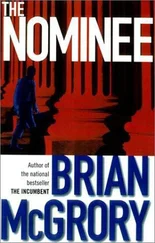
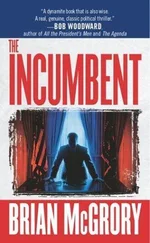
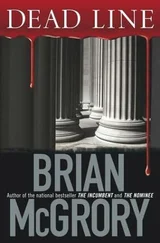
![Джеймс Чейз - Not Safe to Be Free [= The Case of the Strangled Starlet]](/books/417649/dzhejms-chejz-not-safe-to-be-free-the-case-of-the-thumb.webp)
